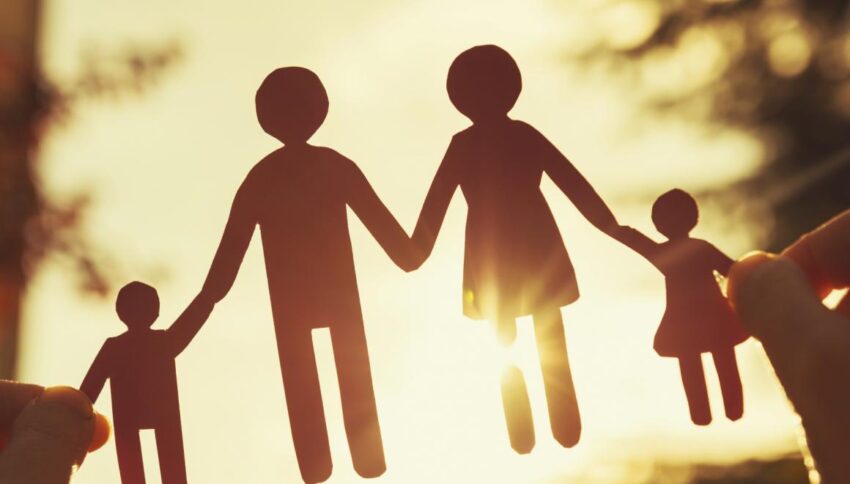Interdependence is core in the creation of groups, but from where do groups originate? What are the earliest groups? This would be the earliest form of social interdependence, right? Afterall, cities didn’t just spring up from the desert sands. Something came first.
The Family Is The Natural Society
Rousseau, Locke and de Jouvenel all focus on family as the earliest groups:
In the “On The First Societies” section of his noted work ‘On Social Contract’, Jean-Jacques Rousseau stated that, “The oldest of all societies and the only natural one is that of the family. The family is, if you will, the first model for political societies.”
In the “Of Political or Civil Society” section of the famous ‘Two Treatises Of Government’, John Locke, wrote, “God having made man such a creature, that in his own judgment, it was not good for him to be alone, put him under strong obligations of necessity, convenience, and inclination to drive him into society, as well as fitted him with understanding and language to continue and enjoy it. The first society was between man and wife, which gave beginning to that between parents and children…”
In “The Group” section of his work ‘Sovereignty: An Inquiry Into The Political Good’, Betrand de Jouvenel wrote, “The ‘isolated’ man is not a natural phenomenon but a product of intellectual abstraction. That which is natural (in the sense of both primary and necessary) is the group. Without the group man is an impossibility. We issued from the womb in so helpless a state that, but for the protection and supporting cover furnished us by the group, we must have died. The group also imprints on us the human characteristics which at birth are only potential.”
de Jouvenel continued in “Of Social Friendship”: “But almost everyone subconsciously wishes to recover the warmth of the primitive group… the social breast at which he was formed, for the small, closely-knit society which was the school of the species. The small society, as the milieu in which man is first found, retains for him an infinite attraction.”
Final Thoughts
The family as humanity’s primordial group reveals something profound about the nature of human interdependence. Before contracts were written, before cities rose, before civilizations flourished, there was the irreducible fact of human vulnerability—the infant who cannot survive alone, the parents bound by necessity and love to nurture what they’ve created.
The family group wasn’t just first chronologically; it established the template for all human cooperation. In learning to care for those who cannot care for themselves, in discovering how individual survival depends on collective effort, in experiencing both the burdens and rewards of mutual obligation, the family became humanity’s first classroom in the art of living together.
What’s striking about Rousseau, Locke, and de Jouvenel’s convergence on this point is how it grounds political philosophy in something utterly concrete: the helpless infant, the nursing mother, the providing father. Before we were citizens, before we were neighbors, before we were anything else, we were members of families. This wasn’t a choice or a social construct—it was a biological imperative that became a social reality.
Perhaps this is why, as de Jouvenel notes, we never quite lose our longing for that “primitive group.” In our vast modern societies, with their abstract relationships and impersonal institutions, something in us still yearns for the intimacy of that first circle of belonging. The family taught us not just that we need others, but that being needed by others gives life meaning. In this sense, every human group that followed—from the clan to the state—has been an attempt to recapture and extend that original magic: the transformation of helpless individuals into something larger, stronger, and more enduring than themselves.
Thanks for reading!
